Gandhi: Hansal Mehta’s epic retelling premieres at Toronto International Film Festival
Hansal Mehta’s Gandhi reimagines the young Mohandas at TIFF, blending history, humanity, and cinematic craft in a compelling global debut.
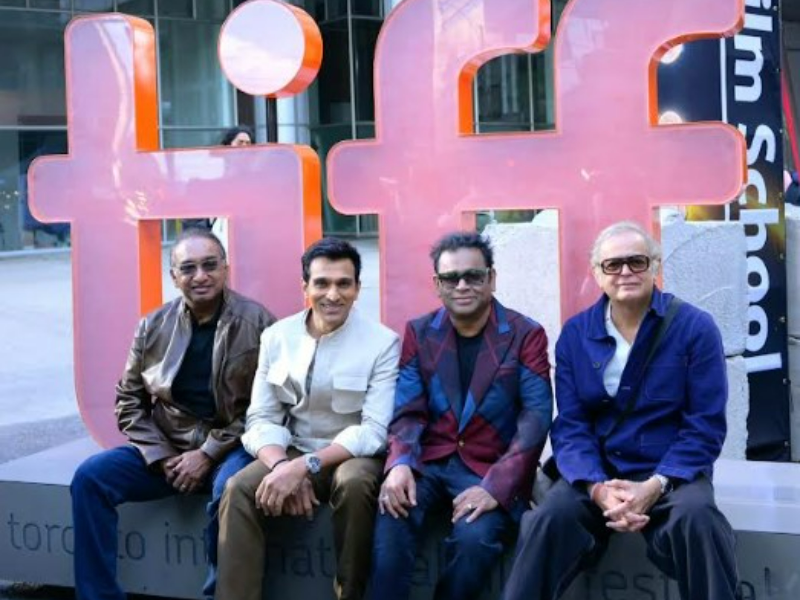 (L-R) Sameer Nair, Pratik Gandhi, A R Rahman and Hansal Mehta / Photo courtesy- TIFF
(L-R) Sameer Nair, Pratik Gandhi, A R Rahman and Hansal Mehta / Photo courtesy- TIFF
Some stories are never exhausted. Gandhi is one such story — a book that refuses to end, a life that continues to be read, debated, and reimagined across generations. Statues, museum relics, university syllabi, and countless books keep him alive. Yet, with Gandhi, Hansal Mehta attempts something rare: to show us the 'Mohan' before the Mahatma.
Based on Ramachandra Guha’s monumental biographies — Gandhi Before India and Gandhi: The Years That Changed the World — the series unfolds in three parts, each made up of eight episodes. The script is the product of six writers - Karan Vyas, Vaibhav Vishal, Felix von Stumm, Yashna Malhotra, Hema Gopinathan and Sehaj Kaur Maini - working in rotating shifts, arguing, dissecting, and polishing until the narrative emerged with clarity and rhythm. The result is not just a biographical account, but a cinematic exploration of a young man destined to change the world.
The two episodes of the first chapter, which premiered at the Toronto International Film Festival on September 6, covers Gandhi’s life between 1888 and 1915. From the dusty lanes of Porbandar, steeped in superstition and tradition, to the disciplined world of London’s law schools, the series paints Mohandas as both vulnerable and determined. We see the young Gandhi taking vows before his mother — to renounce meat, alcohol, and women — and keeping them with unflinching discipline. His eventual journey to South Africa in 1893 and his harrowing encounters with racial prejudice are rendered with searing authenticity.
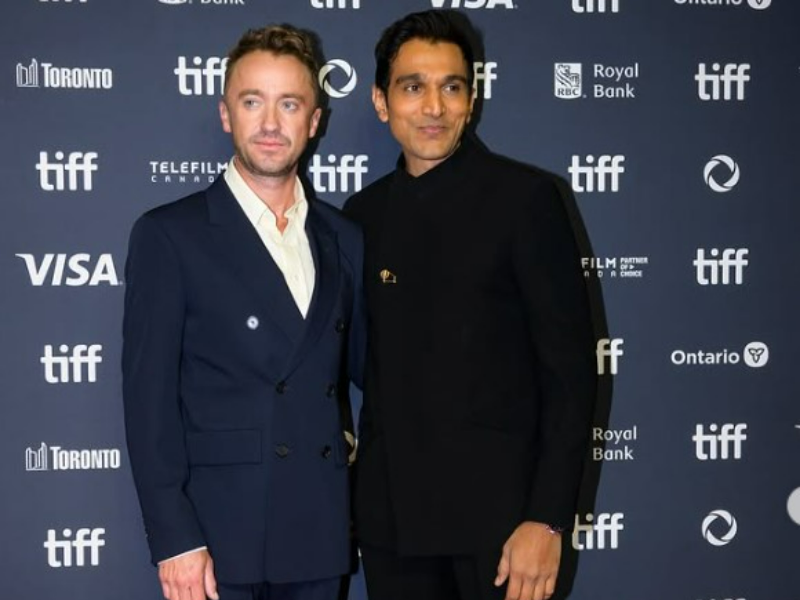 (L-R) Tom Felton and Pratik Gandhi / Photo courtesy- TIFF
(L-R) Tom Felton and Pratik Gandhi / Photo courtesy- TIFF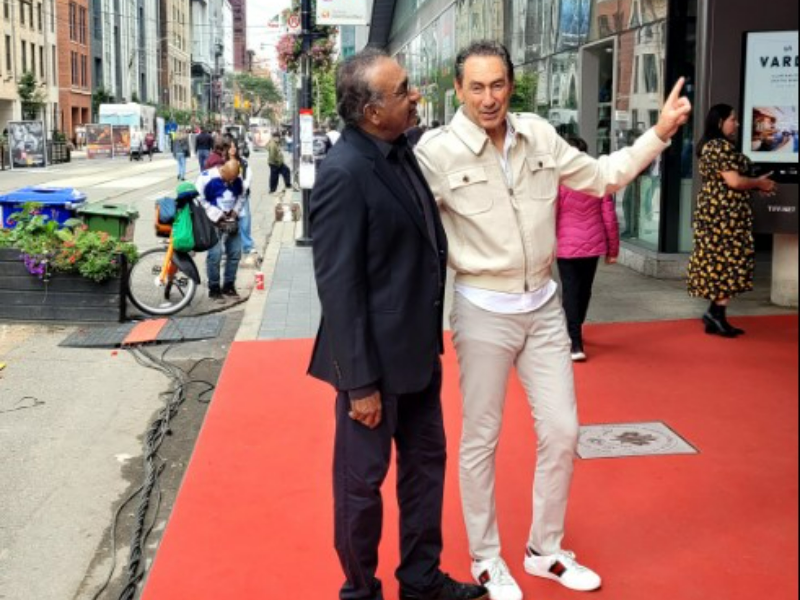 (L-R) Sameer Nair and Adam Berkowitz / Photo courtesy- Suresh Nellikode
(L-R) Sameer Nair and Adam Berkowitz / Photo courtesy- Suresh NellikodePratik Gandhi, who has embodied the role on stage more than a hundred times, slips effortlessly into the skin of Mohandas. His performance, nuanced and restrained, avoids hagiography, letting us glimpse the uncertainty of a young man still searching for his voice. Playing opposite him is his real-life partner Bhamini Oza Gandhi as Kasturba, bringing warmth and quiet strength to the character. British actor Tom Felton — forever etched in popular memory as Draco Malfoy from the Harry Potter films — makes a surprising turn as Josiah Oldfield, Gandhi’s vegetarian friend in London. The venerable Kabir Bedi lends gravitas as Dadabhai Naoroji, one of the early stalwarts of Indian nationalism.
Much of the series’ power lies in its craft. A. R. Rahman’s score weaves between haunting restraint and sweeping grandeur. Cinematographer Pratham Mehta frames Gandhi’s world with striking contrasts: the earthy intimacy of Porbandar, the grey discipline of London, and the unsettling landscapes of a racially divided South Africa. His lens gives the series both texture and historical atmosphere. Equally vital is Amitesh Mukherjee’s editing, which brings balance to the narrative — allowing space for silence, debate, and inner struggle, while still keeping the momentum of drama alive. Together, their contributions give Gandhi the sweep of history without losing the pulse of human detail.
What makes this series socially relevant is its focus on 'Mohan', the boy and young man, rather than the saintly Mahatma. In revisiting his vulnerabilities, doubts, and failures, Gandhi gives us a portrait not of a legend cast in stone, but of a human being who shaped his ideals in the crucible of struggle.
The road to this production was not easy. Historian Ramachandra Guha initially withheld permission to adapt his works in 2019, agreeing only after a year of persistence. Produced by Sameer Nair for Applause Entertainment (under the Aditya Birla Group), with executive producers Priya Jhavar, Adam Berkowitz and Prasoon Garg, the series represents one of the most ambitious Indian ventures for global television.
Only the first two episodes were screened at TIFF, but that was enough to create history — for the first time in its fifty-year journey, the Toronto International Film Festival showcased an Indian television series. The standing ovation it received suggests that Gandhi’s story, far from being over-told, may be just beginning to find new ways of being heard.
With Hansal Mehta’s vision and his team's hardwork, Gandhi becomes not just a series, but an experience — a retelling that balances history with humanity.



 Suresh Nellikode
Suresh Nellikode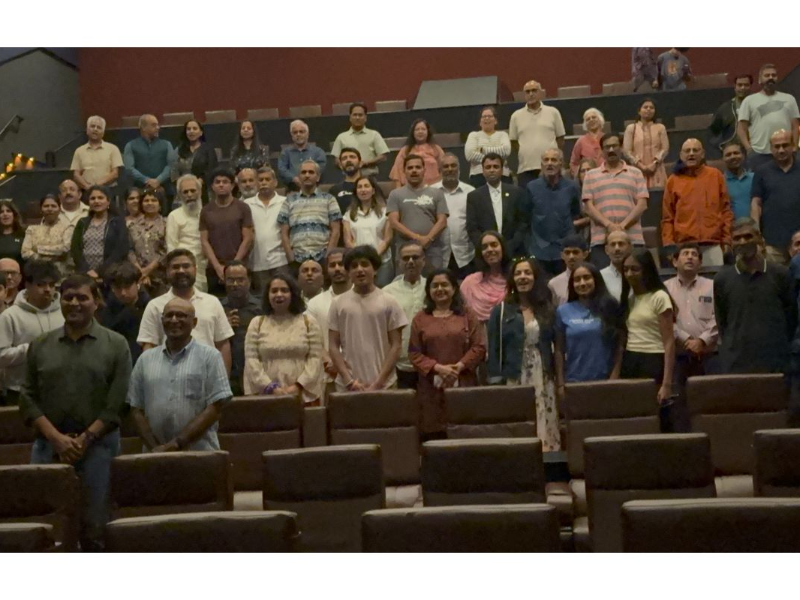
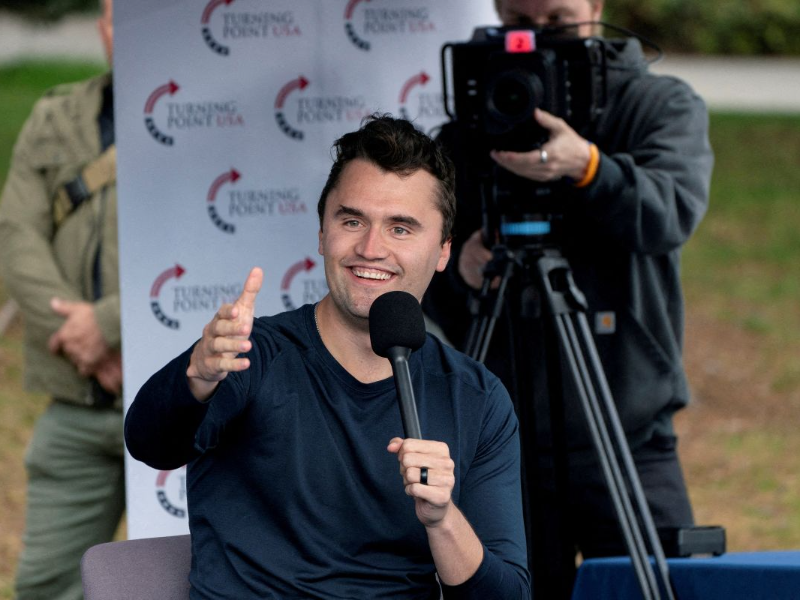
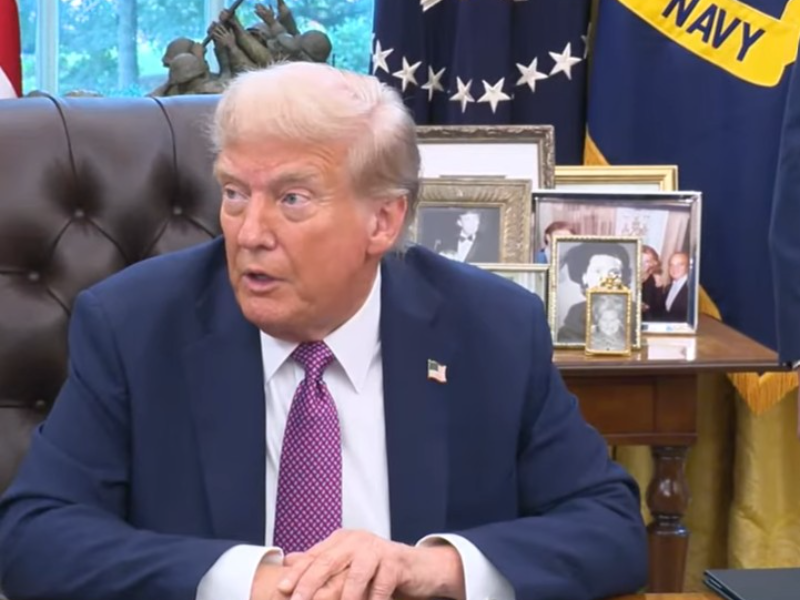
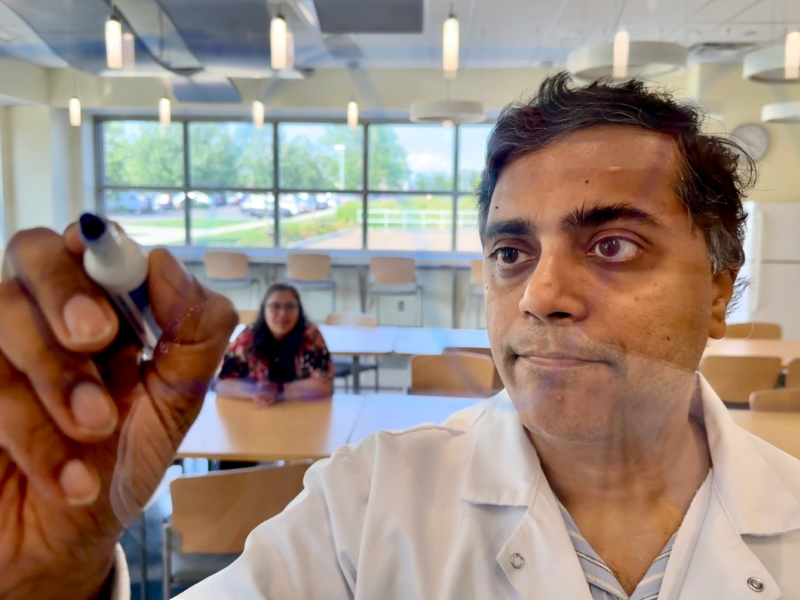
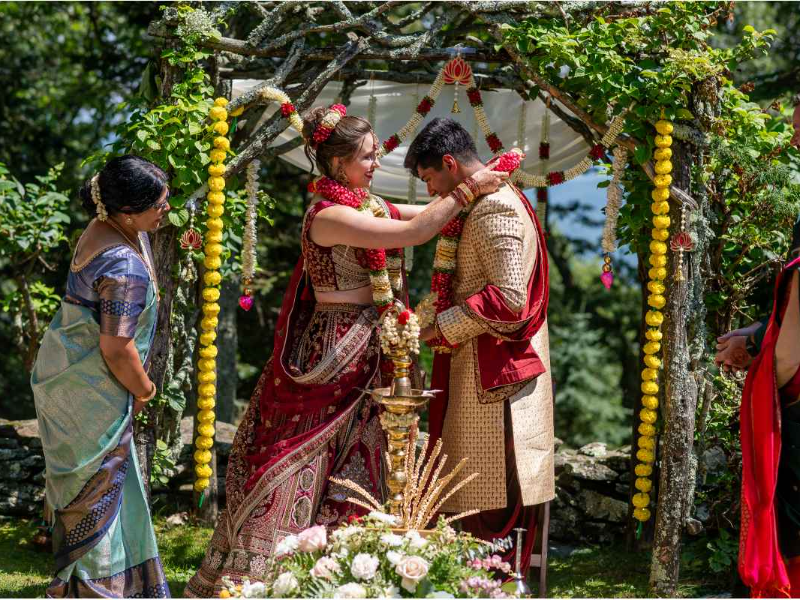

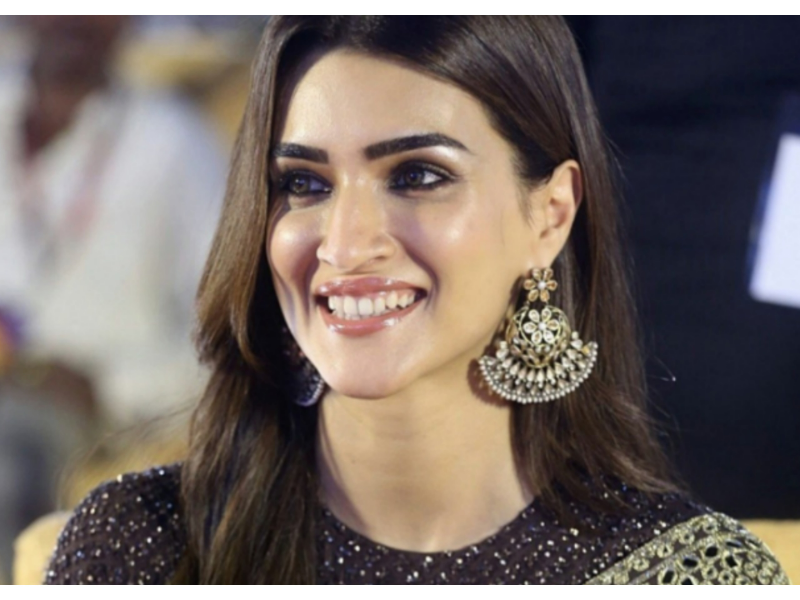

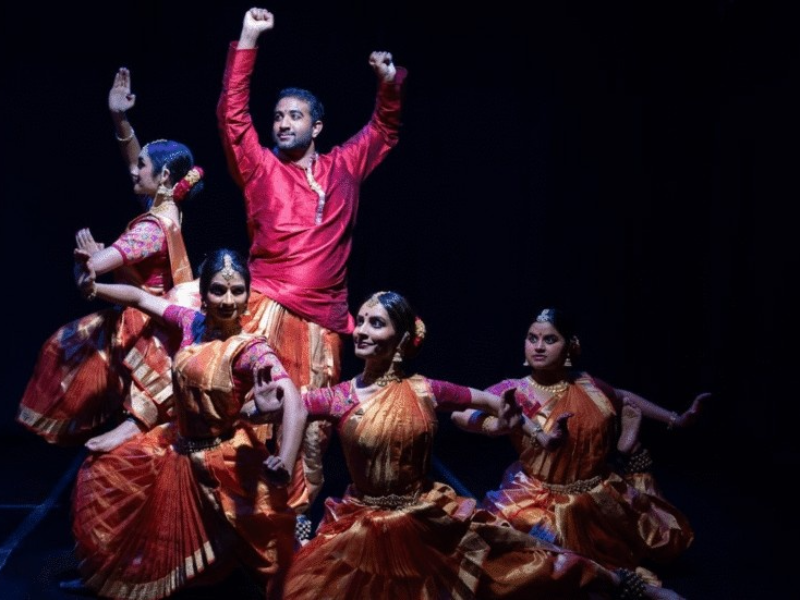

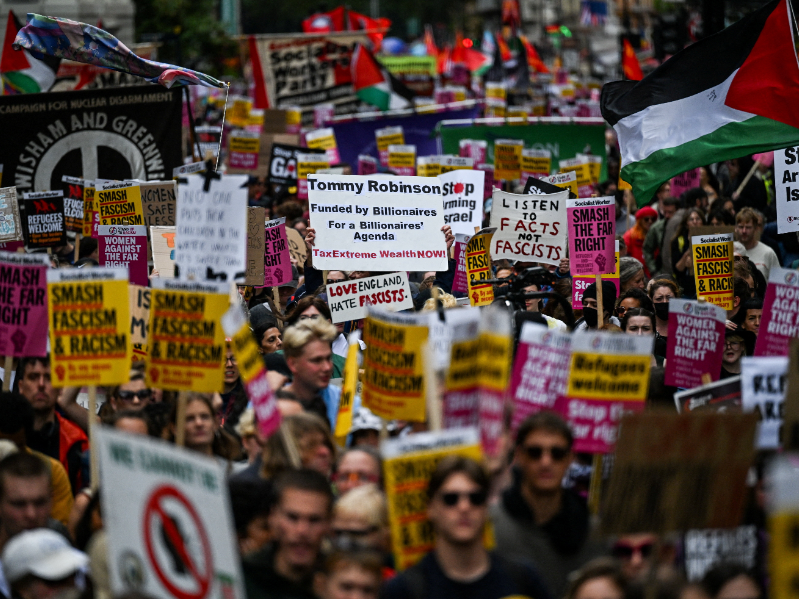



.jpg)

Comments
Start the conversation
Become a member of New India Abroad to start commenting.
Sign Up Now
Already have an account? Login